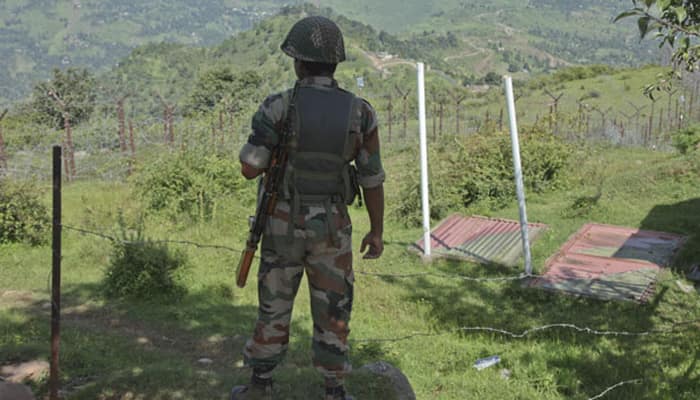Islamabad: The year 2016 could go down as one of the worst for Indo-Pak ties as terror attacks by Pakistan-based groups stalled the peace process and India's surgical strikes inside PoK followed by trading of heavy fire at the border raised fears of a large-scale conflict.
The year began on a sordid note when on January 2, Pakistan-based Jaish-e-Mohammad militants stormed the Pathankot airbase in Punjab and killed seven security personnel before they were eliminated.
India demanded answers from Pakistan while linking the peace process to action against terrorism emanating from its soil.
The Pathankot attack was devastating for bilateral ties as it followed a brief but important visit to Lahore by Prime Minister Narendra Modi on the occasion of the birthday of his counterpart Nawaz Sharif on December 25 last year.
That trip had come on the heels of a high-level visit by an Indian delegation led by External Affairs Minister Sushma Swaraj to Islamabad in early
December to attend the Heart of Asia conference on Afghanistan.
On the sidelines, she had fruitful talks with Prime Minister's Advisor on Foreign Affairs Sartaj Aziz and the two countries agreed to revive the stalled peace process.
The Indian Foreign Secretary was scheduled to visit Pakistan in mid-January but the Pathankot incident effectively scuttled the momentary thaw in ties.
The relations had not fully recovered from the blow when Hizbul Mujahideen commander Burhan Wani was killed in an encounter with Indian security forces in Kashmir in July, setting in motion a chain of events which drove Pakistan and India in opposite directions.
In September, matters again came to a head between the two sides when JeM militants assaulted an army camp in Uri and killed 19 soldiers. The Indian government again demanded action from Pakistan.
Just days after the assault, the two sides clashed at the UN General Assembly's annual session, blaming each other for militancy and violation of human rights.
Raking up Kashmir at the UN, Pakistan Prime Minister Nawaz Sharif glorified Wani as a "young leader". Sharif devoted much of his 20-minute speech at the UN General Assembly session to Kashmir and the situation in the Valley and said Pakistan "fully supports the demand of the Kashmiri people for self-determination".
Swaraj delivered a sharp rebuke to Prime Minister Sharif's "tirade" on Kashmir, saying those accusing others of rights violations must introspect. India also censured Pakistan for the first time at the UNGA for perpetrating the "worst form of state oppression" in Balochistan.
India's response to the Uri attack, came in the form of "surgical strikes" which Pakistan denied. India carried out "surgical strikes" on seven terror launch pads across the LoC with the Army inflicting "significant casualties" on terrorists preparing to infiltrate from PoK.
However, the move created a war-like situation on the Line of Control.
















